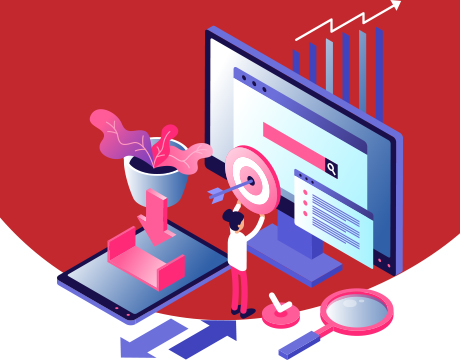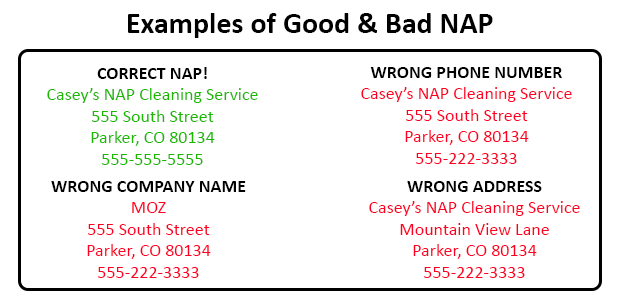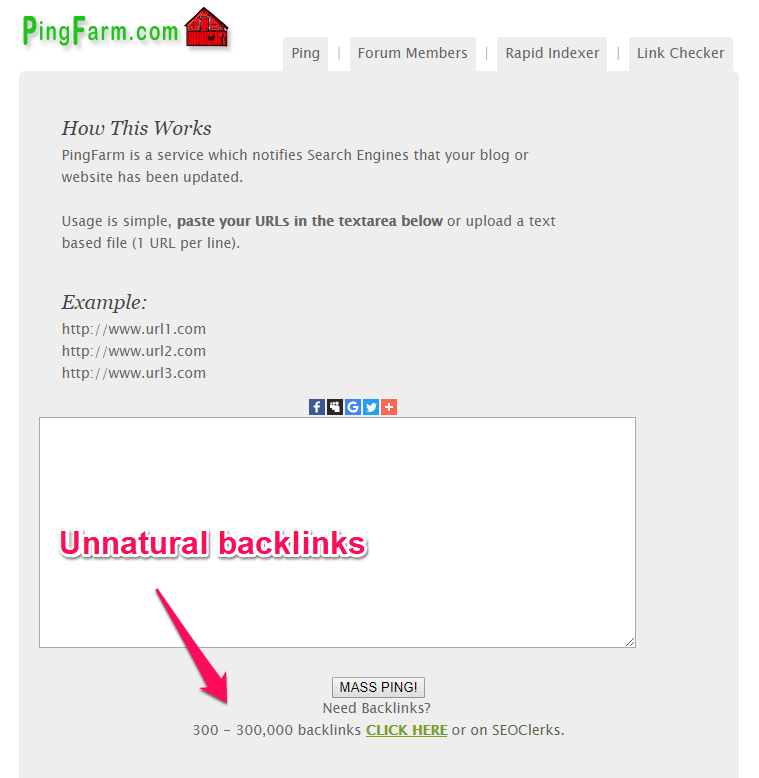
Guide for Off-Page SEO
What Is Off-Page SEO?
Off-Page Search Engine Optimization is the practice of optimising a website’s external profile to improve its visibility in major search engine rankings. It involves building relationships with other websites and blogs, promoting high-quality content on social media platforms, creating high-quality backlinks, and engaging in other activities designed to drive organic traffic and increase the value of a website to search engine algorithms.
Off-page SEO aims to boost a website’s authority and relevance, which will help it rank higher for target keywords and phrases. Off-Page SEO includes activities such as guest posting, directory listing, link building, brand mentions, internal linking between pages and more. When done correctly, off-page SEO can improve organic search rankings and drive valuable organic referral traffic to a website.
Why Is Off-Page SEO Important?
Off-Page SEO is an essential part of any comprehensive digital marketing strategy as it helps to boost a website’s visibility in search engine rankings, generate more organic search traffic, and improve user experience. Off-page SEO can also help to increase the number of high-quality external links to a website from reputable sources and build brand awareness while introducing potential customers to product or service offerings. Use off-page SEO to establish a website as an authority in the industry, lead generation and increase trust in the brand among potential customers.
On-Page SEO vs Off-Page SEO
On-page SEO and off-page search engine optimisation strategy are essential for improving a website’s visibility in search engines, but they work differently. On-page SEO focuses on optimising the content and structure of a website to make it more attractive to search engine crawlers. This can involve optimising titles, meta descriptions, and relevant keywords and ensuring all images have appropriate alt tags and properly formatted content.
Off-page SEO refers to activities outside a website, such as link building, guest articles posting, social media marketing, link exchanges etc. These activities aim to increase brand awareness and create high-quality backlinks to boost ranking positions in SERPs. Both strategies should be used together in any SEO marketing strategy.
What is Local SEO?
Local SEO involves optimising the website content, meta tags, titles, and descriptions with keywords specific to the targeted geographic area, such as Singapore. It also requires creating accurate business listings on local directories like Google My Business and Yelp. Other important tactics for successful local SEO include optimising images for local searches, building citations with consistent NAP (name, address, phone number) information across the web, doing keyword research and engaging in link-building with other businesses in the area.
Google Business Profile (GBP)
Google Business Profiles (GBP) allows the creation of a profile page for local search engine results. It includes essential information such as the business name, address, phone number, opening hours, photos, and customer reviews. It also allows sharing of updates with customers about specials and promotions. Optimising GBP helps ensure that potential customers can easily find a business while searching online. Furthermore, it provides an opportunity to engage potential customers by responding to their reviews or offering discounts and promotions.
NAP Citations
NAP citations stand for Name, Address, and Phone Number, and these three pieces of information serve as the core identifying elements for a business in local search engine results. Each time the business’s information appears on authoritative sites, it is an endorsement that strengthens the presence in local search engine results on pages. Having an accurate and up-to-date NAP citations backlink profile helps ensure that customers can easily find a business when searching online.
What is a Backlink? How to Get More Backlinks
Backlinks, also known as inbound links, are incoming links from one website to another. It’s like a vote of confidence for the website to achieve higher search engine rankings if there are more backlinks. Backlinks indicate the quality and authoritativeness of a site’s content and are valued by search engines. Sites with high-value backlinks are likely to rank higher than those with fewer backlinks.
To get more backlinks, create high-quality content people want to link to. This could be blog posts, videos, podcasts and images. Build relationships with reputable sites by guest posting or creating a piece of content for them and asking for an outgoing link back in return. Other tactics include using social media to promote relevant content, commenting on relevant forums and engaging in online communities. Use keyword research tools to find high-authority websites related to the niche and launch a link-building campaign.
Types of links for Off-page SEO
The more popular and authoritative the site that links to a website, the higher the link quality. Other factors like the relevance of that site, the link’s freshness, anchor text used on the linking website, the other links on the page and the trustworthiness of that page and domain all contribute to the value of the backlink.
- Natural – these are given by others without any action taken by the site owner. For example, if a blogger links to your site, saying this is their favourite restaurant/bookstore/apparel store.
- Manual build – these are ‘acquired’ through link-building activities, like asking customers or influencers to share content and link to the site.
- Self-created – these are ‘created’ by adding backlinks in online directories and forums, part of the signature in newsletters and blogs, etc. Be careful; some link-building acts are frowned upon by search engines and will likely attract penalties.
Non-link-off-site SEO Techniques
Apart from links, any activity that is not performed on the site but helps boost the position in the search engine result pages is off-page SEO, which includes:
- Brand mentions – regardless of whether it is linked
- Guest blogging – Write quality content and post it on a high-authority blog. From that blog, have a backlink to the website. It is crucial to ensure that the quality of content is relevant for users.
- Social media marketing (including posts, tweets, etc.) – A popular way of marketing is through social media networks. We must always engage the target audience with relevant content and run campaigns.
- Influencer marketing – Getting in touch with influencers or leaders in the industry or service and collaborating with them to their market a product/service
All these steps aim to create as many references to a site from an appropriate location – whether it’s a link or brand mention. Always note that having a good SEO guideline is all about human behaviour; people will want to share useful content information.
Do Links Build Domain Authority?
Link-building strategy is an essential practice for increasing domain authority. Domain authority is a ranking score developed by Moz that helps search engines measure the strength and quality of a website’s backlinks. The higher the domain authority, the more likely it will appear at the top of page search engine results, increasing referral traffic.
High-quality links from other authoritative websites must be built to increase domain authority. This can be done through link outreach campaigns, guest blogging, content promotion, blog comments, and social backlinks. Creating valuable content marketing on an attractive website and building internal links between related pages can also help boost link authority. Finally, ensuring that all broken links are fixed will ensure that search engine algorithms don’t penalise the site in any way.
How to Avoid Google Penalties for Unnatural Links?
Avoid Google penalties for unnatural links and understand the types of links considered “unnatural” in the eyes of Google’s algorithms. Unnatural links include any link created solely for SEO purposes. Any link included on a website but contains irrelevant content can also be considered unnatural. Other unnatural links include low-quality links, business directories, exchange schemes, toxic backlinks and hidden or cloaked links.
To help ensure a website is not penalised by Google for unnatural linking practices, focus on building natural and valuable links from reputable sources. Do this by creating high-quality content with target keywords and optimising meta descriptions for better visibility in search engine rankings. Guest posts and blog post outreach are also effective methods for building backlinks from other websites.
Conclusion on off-page SEO
Off-Page SEO is integral to any successful digital marketing strategy in Singapore. It helps increase a website’s visibility in organic search rankings, attract quality organic traffic and improve user experience. Building natural links from reputable sources and avoiding shady linking tactics is essential to ensure that off-page SEO practices will not incur penalties from Google. Additionally, regularly monitoring a website for broken or unnatural links and promptly addressing them can help ensure off-page SEO success.








